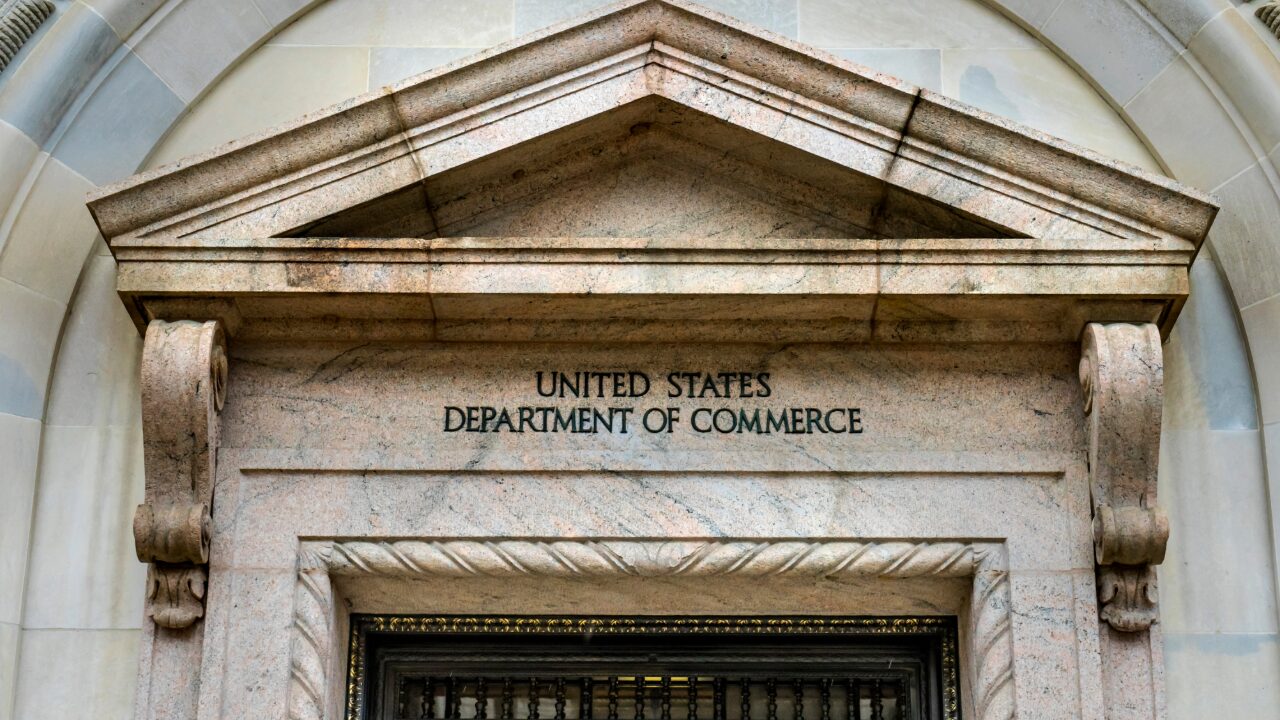Labor
This week Democrats in the House and Senate reintroduced the PRO Act—the Protecting the Right to Organize Act—H.R. 20. This legislation, which has 204 cosponsors and was introduced last Congress, is the legislative vehicle carrying a number of top Labor Union policy priorities. Among other things, the bill would:
- Nullify laws in twenty-seven states that that allow employees the freedom to choose whether to join a union. The PRO Act would override these so-called “right-to-work” laws, depriving workers of the freedom to decide for themselves whether to join a union and pay union dues.
- Codify California’s controversial “ABC test” for classifying workers as either employees or independent contractors. That test severely limits opportunities for individuals to pursue independent work and has resulted in job losses in California. Expanding it nationwide would mean limited opportunity for individuals to work as independent contractors, which is a prevalent business model in sectors across the economy, but particularly in the trucking industry.
- Institute a “card check” voting system for workers to cast votes publicly to decide whether to unionize in a workplace, replacing the current secret ballot system.
- Allow unions to strike or boycott neutral third parties that are not directly involved in an underlying labor dispute. This means a small business that has a business relationship with a company tied up in a labor dispute with a union would be vulnerable to picketing and boycotting by union organizers. These “secondary boycotts” have the potential to economically harm neutral small businesses and affect their reputation in the communities in which they operate.
- Codify an expansive “joint employer” standard, meaning LBM dealers could face liability for workplaces they do not control and workers they do not employ. This expanded joint employer standard (which determines when a company can be considered a “joint employer” with its contractors or franchisees) has been opposed on a bipartisan basis.
A Senate bill number is not yet available, but the legislation is being led in the upper chamber by Senator Majority Leader Chuck Schumer (D-NY) and Senator Patty Murray (D-WA).
Although the bill technically has bipartisan support with the addition of Rep. Brian Fitzpatrick (R-PA), its prospects for passage this Congress are slim. House Education and the Workforce Committee Chair Virginia Foxx (R-NC) strongly opposes the bill and the measure would need 60 votes in the upper chamber to pass—an unlikely scenario given unanimous Republican opposition in the Senate. Nevertheless, ABMA will be following the legislation closely and will report on developments.
Supply Chain
ABMA participated in a multi-industry coalition meeting this week to discuss a number of supply chain measures that are pending in Congress, including the SHIP IT Act (H.R. 471). Participants confirmed that House Transportation & Infrastructure Committee Chairman Sam Graves (R-MO) is planning on moving a comprehensive supply chain bill later this spring or early summer. As we have reported, H.R. 471 includes several our supply chain priorities ranging from easing burdens on securing a commercial drivers license to tax incentives for new truck drivers. This bill is a strong candidate for inclusion in Chairman Graves’s legislative package he and his team are contemplating. ABMA will be working with our coalition partners in promoting this bill in the coming days and weeks.
Farm Bill—Wood Products
This week, the Senate Agriculture, Nutrition, and Forestry Committee held a hearing to take testimony on the Farm Bill’s Conservation and Forestry Titles. Wildfire and potential solutions for curtailing wild fire events particularly in Western states was a focus of the hearing. The need for active forest management on federal and private lands was underscored by several committee members and witnesses. Also emphasized was the need for more markets for wood products as a way to create off-take for overgrown forestlands, where fuel loads are excessive and responsible for fires raging out of control. Ranking Member John Boozman (R-AR) is a strong proponent of promoting wood building materials as a climate solution and raised this issue during the hearing.
The Farm Bill is up for reauthorization this year and includes a number of provisions addressing forestry and providing grants for wood products innovation and utilization.




